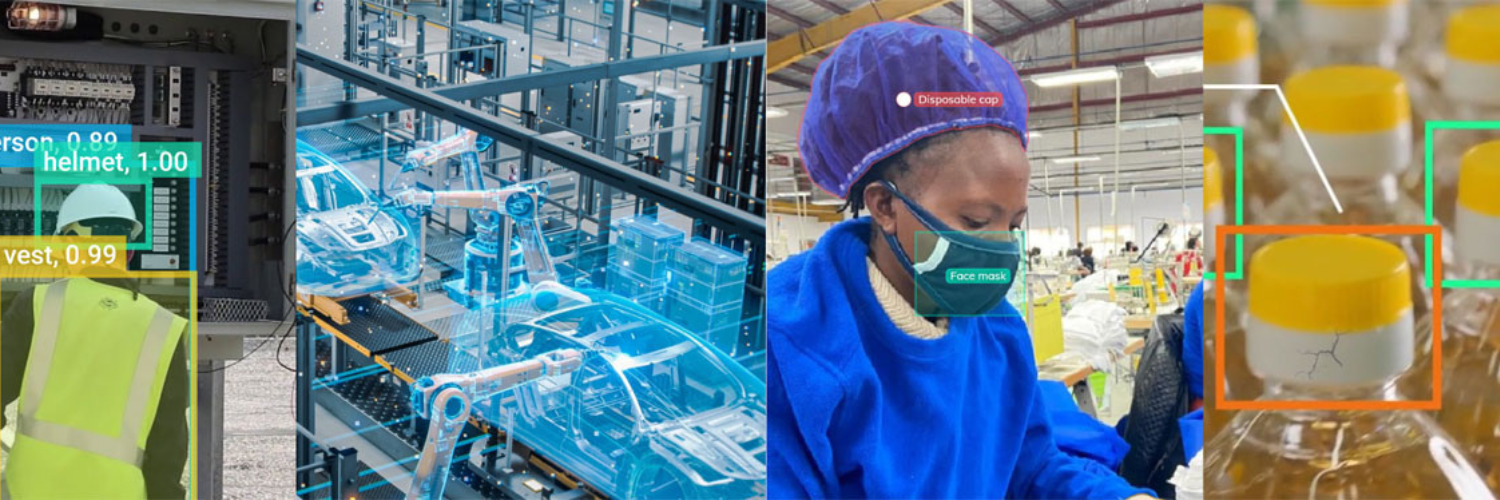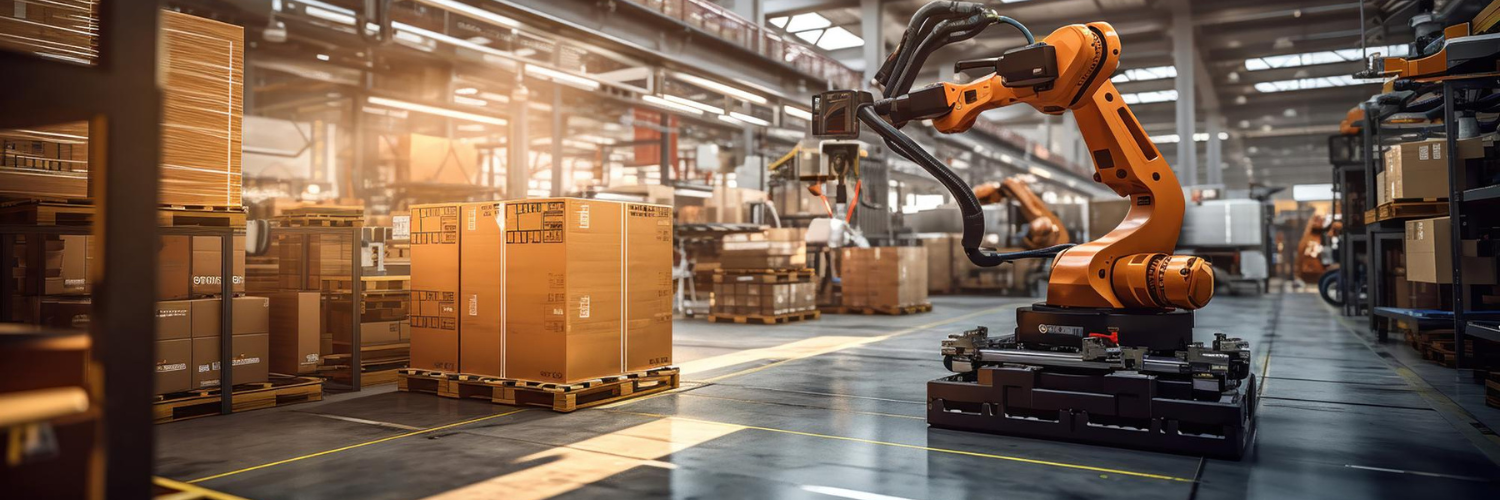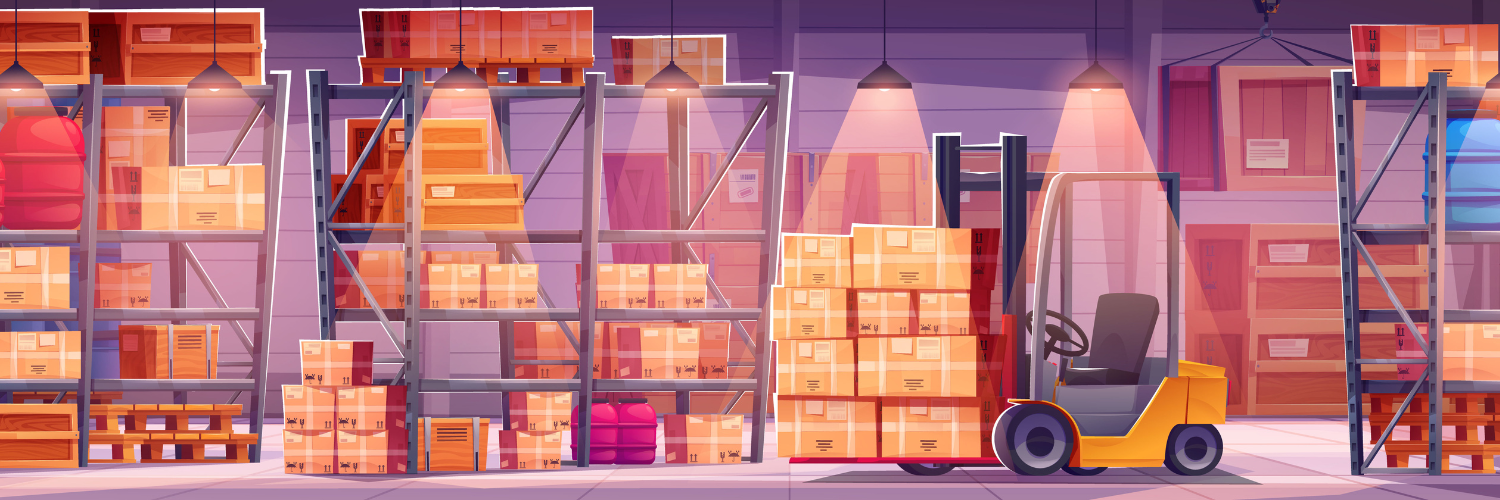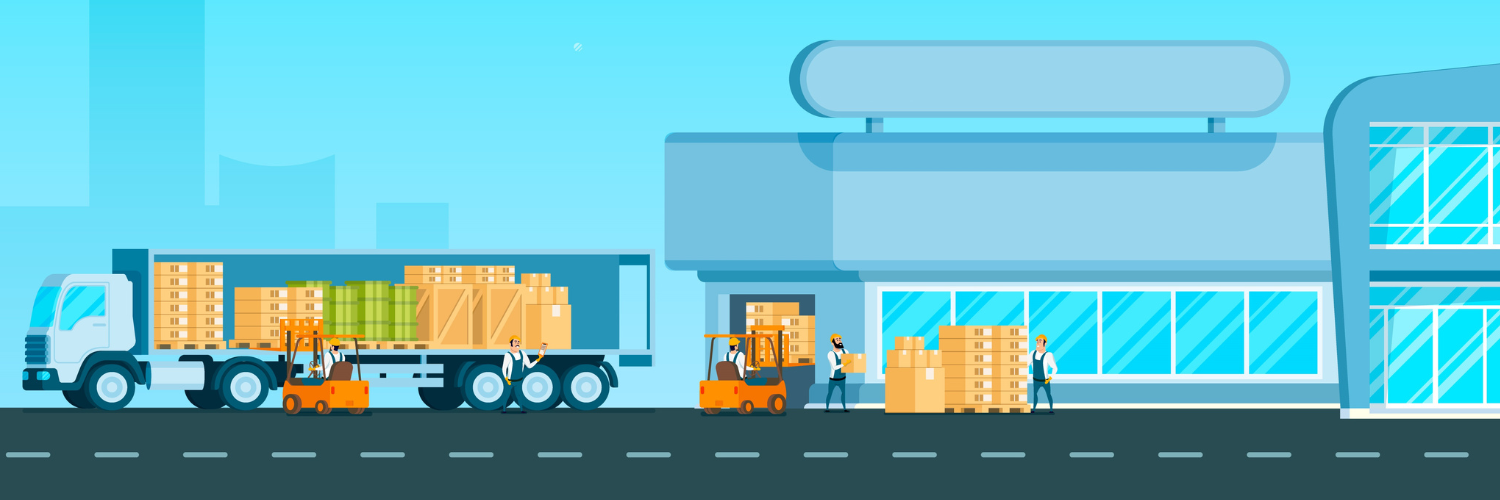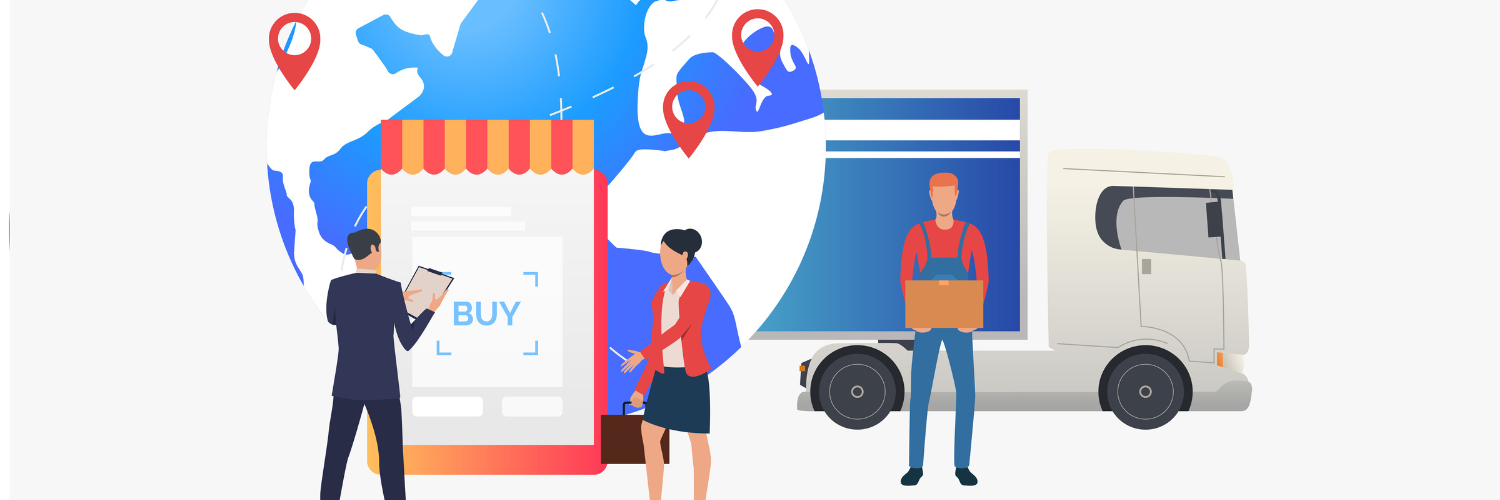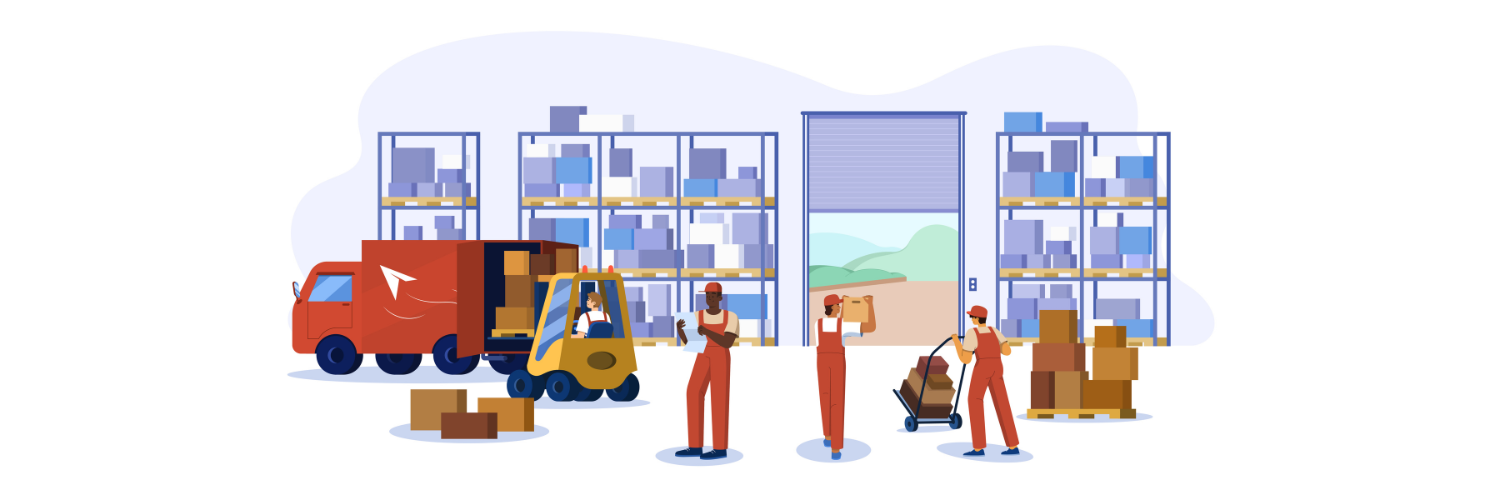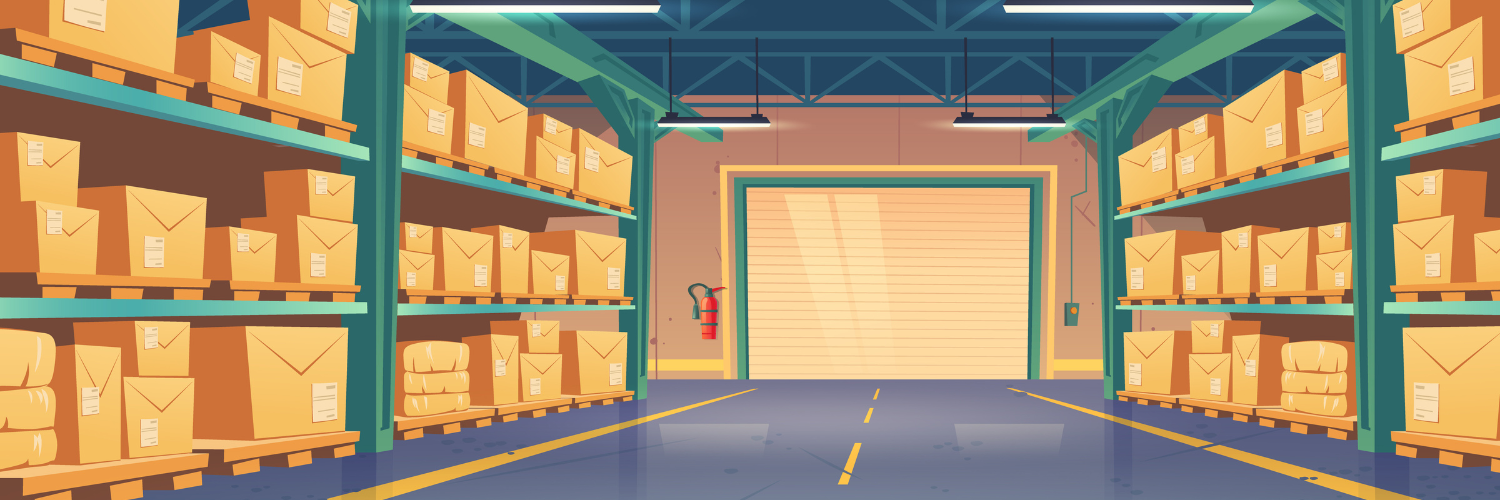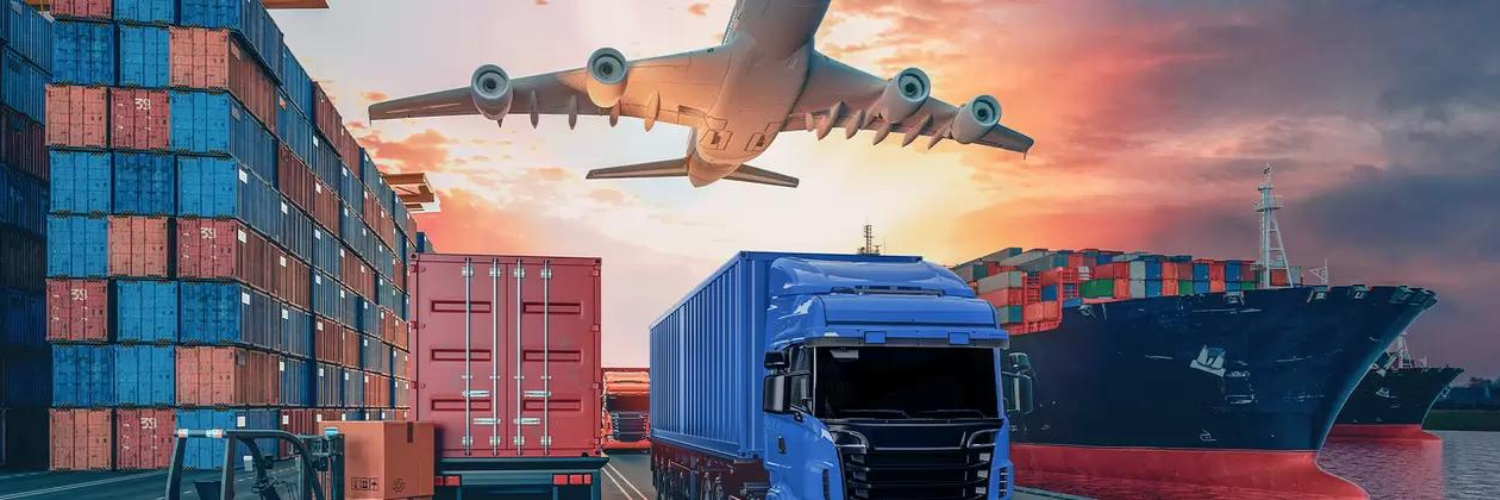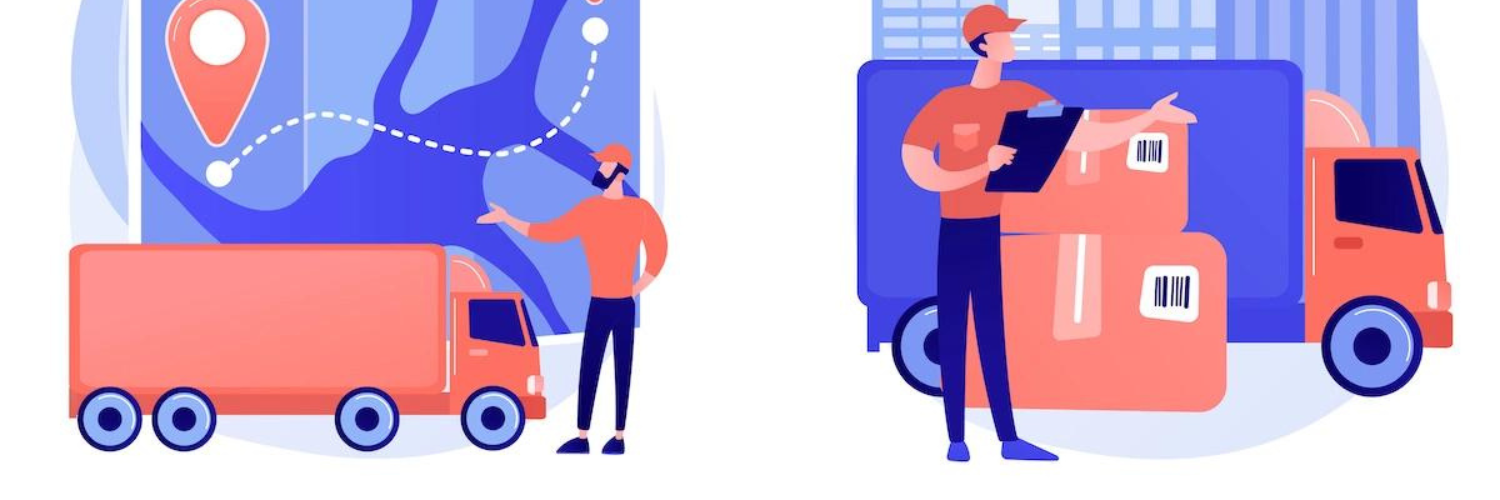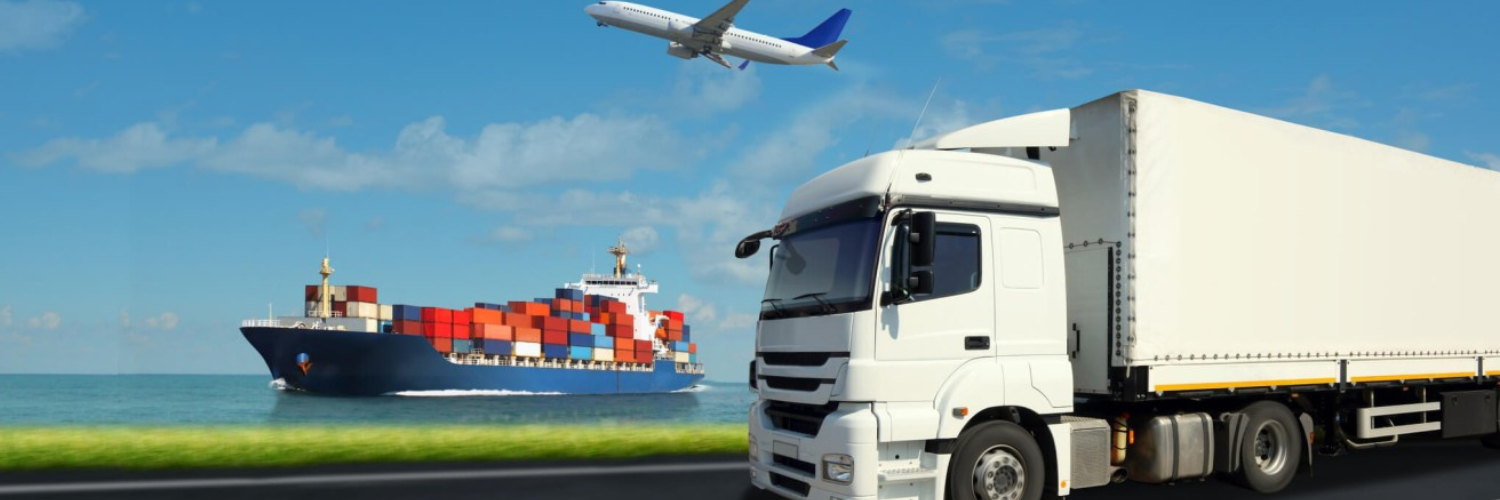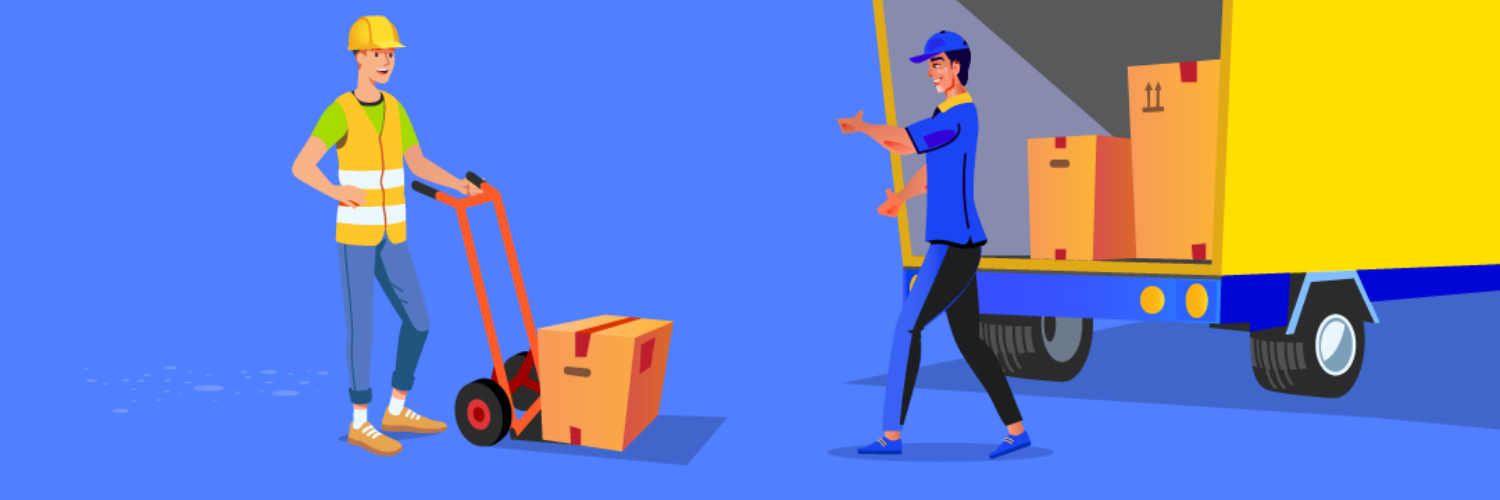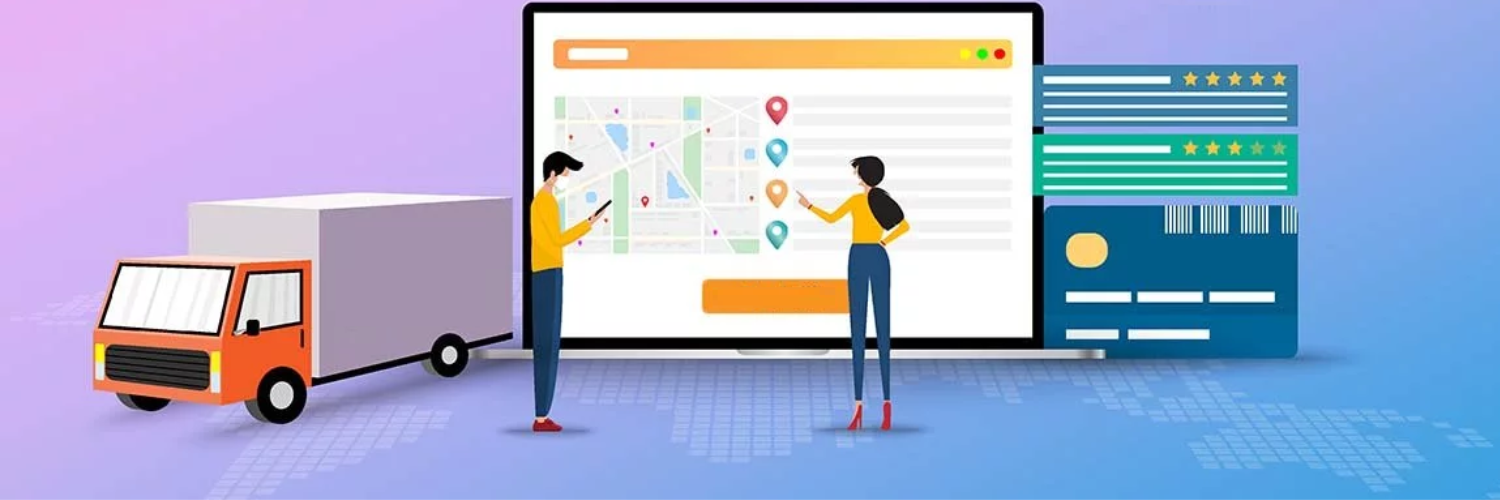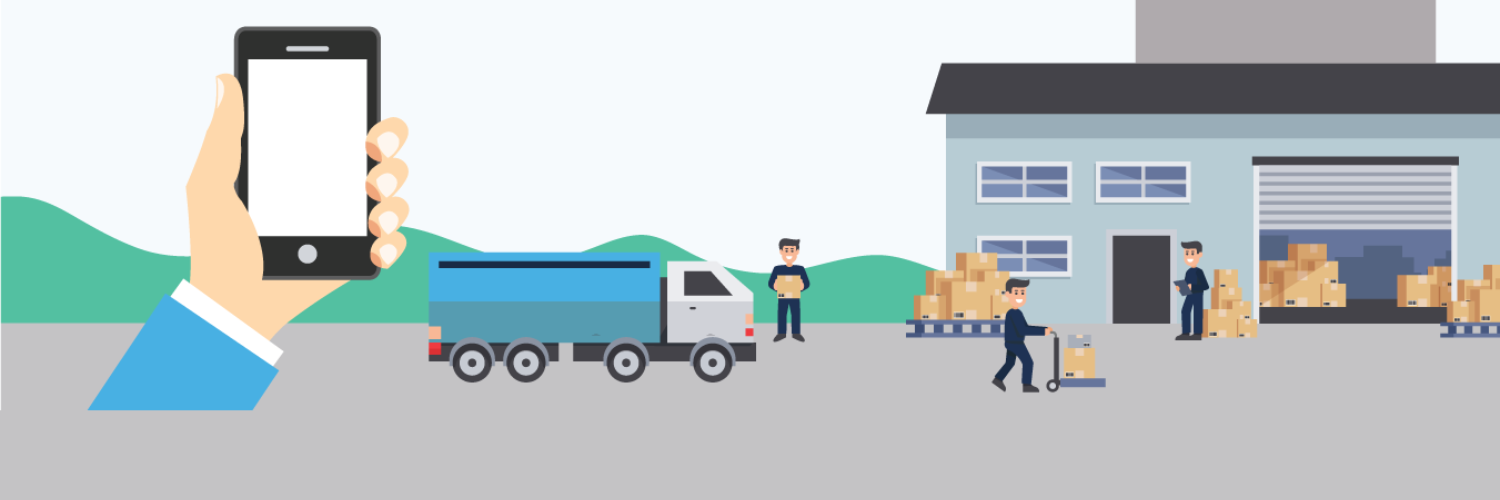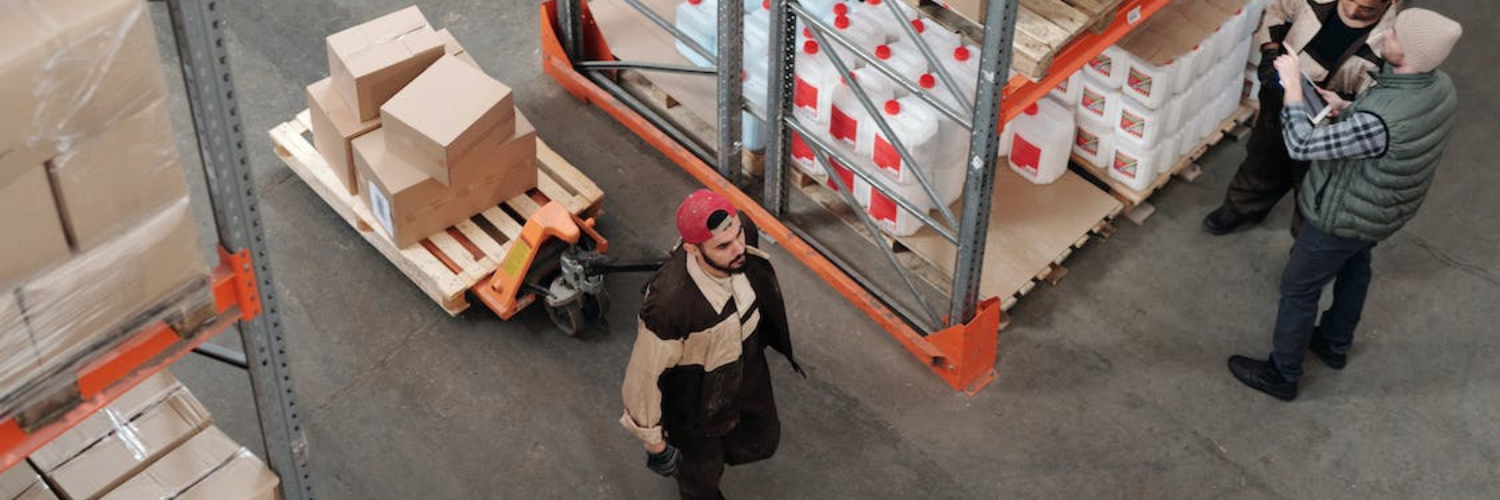The case for going green
Going green isn't just a trend - it's a smart move for businesses looking to stay competitive in today's market.
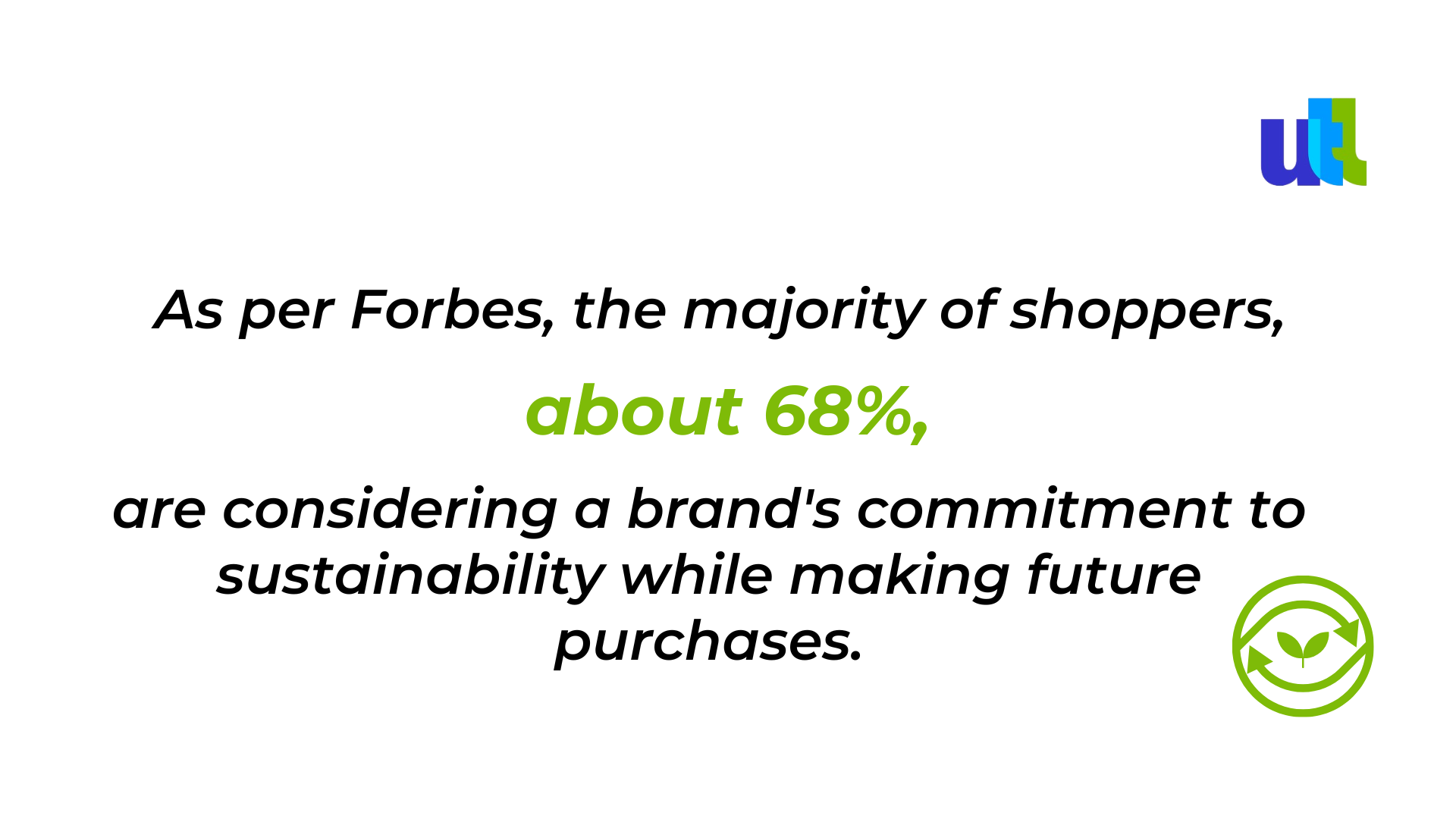
While saving the environment is undoubtedly a noble reason to adopt eco-friendly practices, it is equally essential to impress customers and remain competitive in the market. Therefore, businesses must prioritize meeting the expectations of environmentally conscious customers. Adopting green logistics can help businesses enhance their brand image and promote sustainable business practices that can positively impact their financial bottom line.
As more people are shopping online, they are becoming more conscious of the environmental impact of their purchases, leading to an increase in demand for sustainable products and services. As a result, many companies are striving to improve their supply chain and logistics practices to meet these evolving customer expectations and remain competitive in the market.
Green logistics is an eco-friendly approach to supply chain and delivery operations that can help businesses cut costs and reduce their carbon footprint. It's a smart investment, with benefits ranging from improved customer satisfaction to increased efficiency and cost savings.
In this blog, we'll explore what green logistics is, how it works, and how your business can adapt to eco-friendly delivery services.
What is green logistics?
Sustainability is more than just a buzzword; it's a critical consideration for companies looking to reduce their environmental impact and maintain a healthy bottom line. Green logistics, also known as eco-logistics, is the practice of adopting eco-friendly strategies to minimize the environmental impact of logistics and delivery processes. Unlike traditional logistics, which prioritizes operational efficiency above all else, green logistics seeks to improve business operations while also promoting sustainability.
At its core, green logistics is about reducing carbon emissions and minimizing overhead costs. By reducing the number of vehicles on the road and maximizing their energy efficiency, companies can simultaneously improve their environmental impact and overhead costs. Moreover, adopting green logistics solutions can help companies maintain economic and ecological balance, meeting the demands of eco-conscious customers and government policies alike.
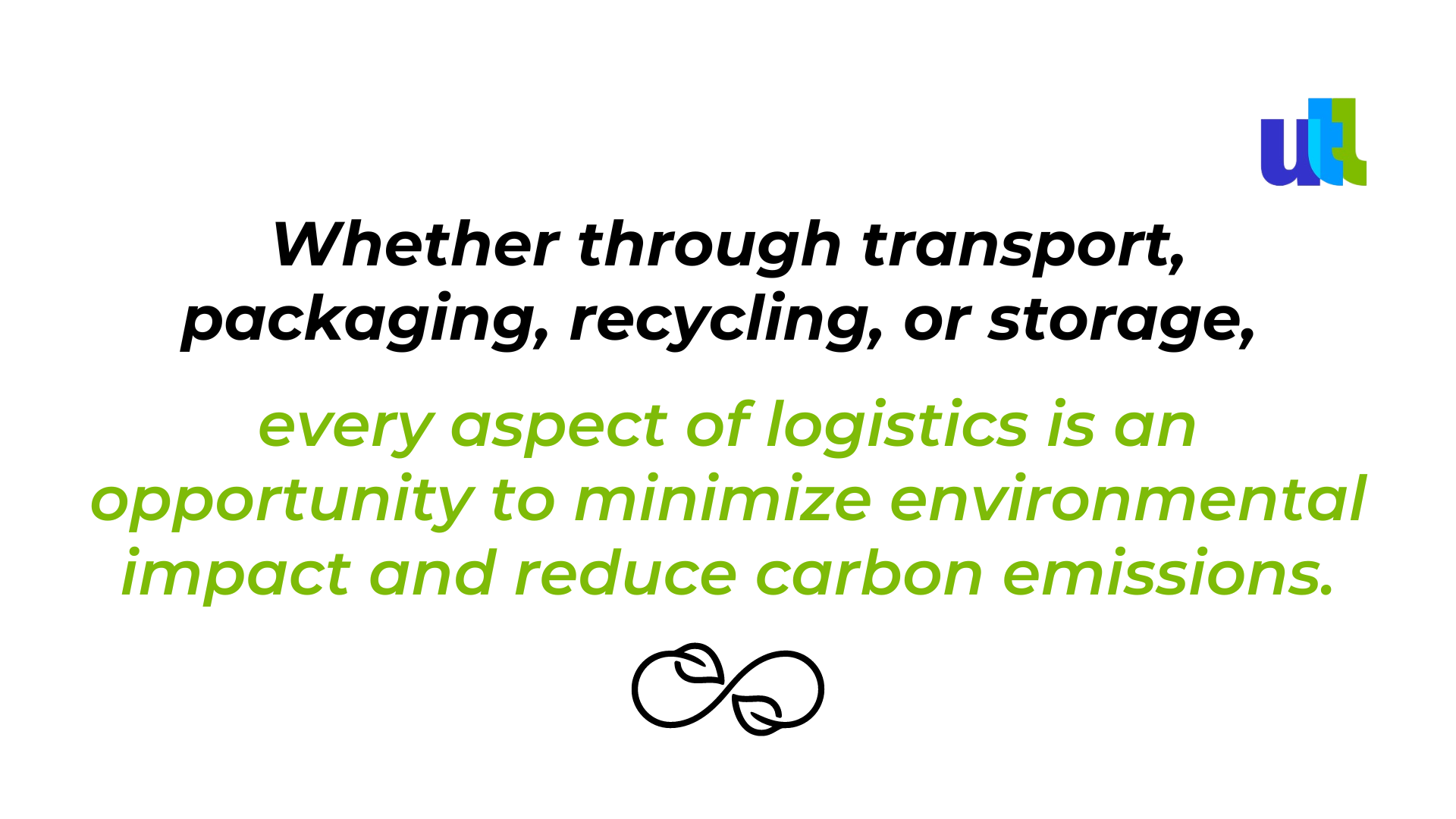
Benefits of switching to green logistics
Win over customers
As consumers become increasingly conscious of environmental issues, businesses need to take steps to meet their expectations and remain competitive. Recent data from IBM indicates that almost 80% of consumers consider sustainability to be an important factor when making purchases, and 60% are even “willing to change their shopping habits to reduce their environmental impact”. Simply implementing small measures towards sustainability won't be enough to win over customers, however. Future Commerce has found that 47% of consumers are actively focused on buying fewer, and higher-quality products, while another 28% conduct research before buying to ensure their purchase is environmentally conscious.
Implementing green supply chain and logistics strategies can be an actionable way for businesses to meaningfully lower their ecological impact and meet the expectations of their customers. Businesses that prioritize sustainability can expect to reap the rewards, as 88% of consumers have stated that they will be more loyal to such businesses.
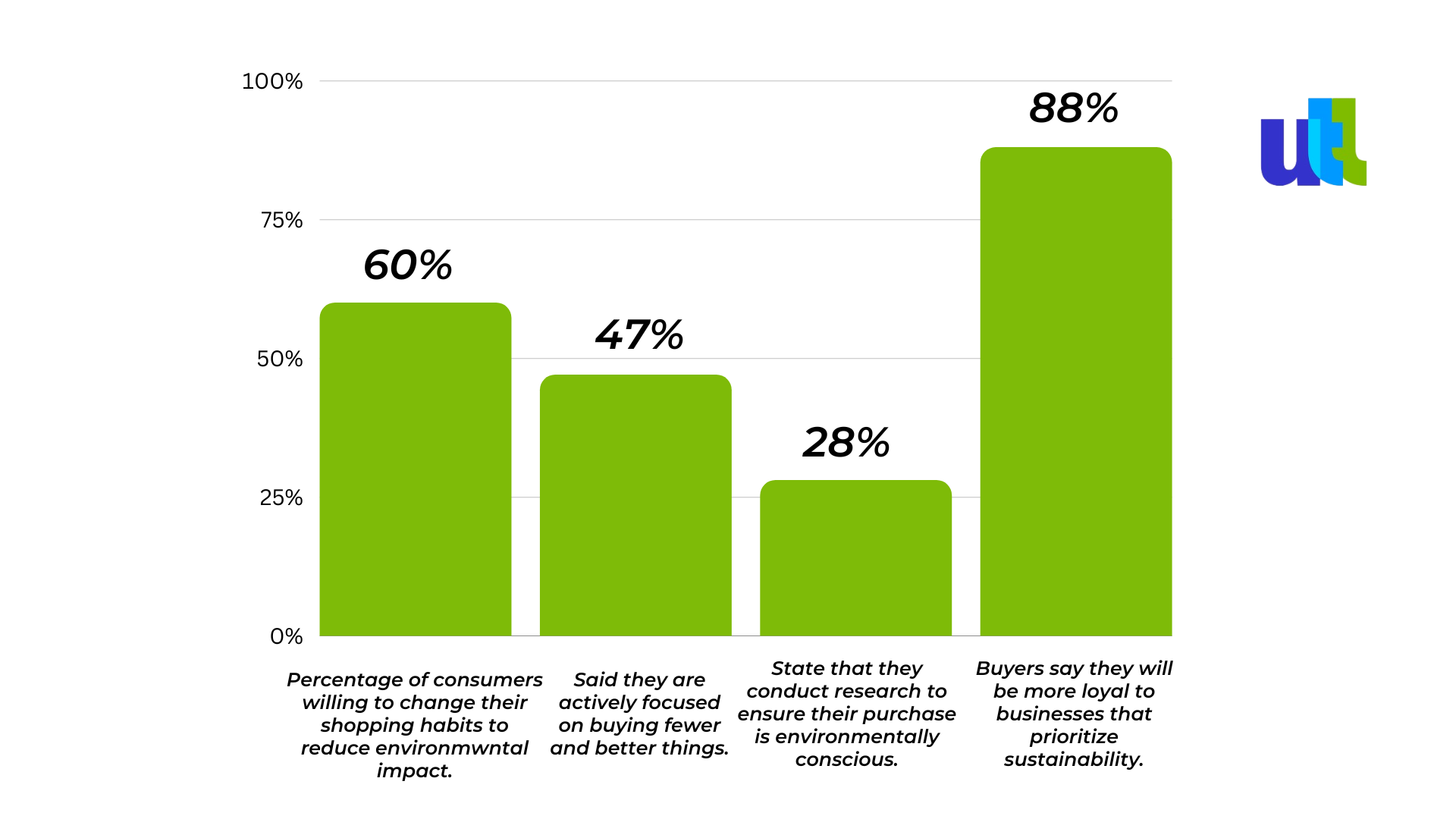
Cut costs
Going green and saving money can go hand in hand, and route optimization is a prime example of this. By implementing green logistics practices, companies can improve their efficiency and reduce waste, leading to significant cost savings. For instance, UTL route optimization services can automate the process of optimizing delivery routes to increase vehicle efficiency, resulting in reduced fuel consumption and lower carbon emissions. As a result, businesses can not only achieve their sustainability goals but also boost their bottom line.
In addition to fuel savings, route optimization can also lead to reduced wear and tear on vehicles, lower maintenance costs, and improved on-time delivery performance. With our advanced optimization algorithms, we can help businesses achieve maximum efficiency in their delivery operations while minimizing their environmental impact. Furthermore, companies that prioritize sustainability can also gain a competitive advantage in the marketplace, as consumers increasingly seek out eco-friendly brands.
For example, companies like Google and Amazon have achieved up to 10% energy cost reductions by transitioning to green energy sources. Similarly, United Airlines has saved $2 billion on fuel costs by reducing the weight on their planes.
Improve operations
Frequently, eco-friendly practices are also the most effective way to complete tasks, making green initiatives a valuable tool for streamlining operations and enhancing supply chain management. Walmart's fleet efficiency program is a prime example of this, as it not only saved the company $1 billion in fuel costs but also improved its overall energy efficiency. This program included not only route optimization but also focused on green logistics management, such as the use of the most efficient equipment and finding better ways to load cargo onto trucks.
At Utah Tech Labs, we understand the importance of balancing environmental sustainability and efficient operations, and our logistics services can help your business achieve both.
Green Logistics Strategies
The adoption of green logistics strategies can be advantageous for companies across various sectors. Sustainable logistics practices, such as adjusting product sourcing, enhancing warehousing productivity, and reducing transportation emissions, are frequently employed. These strategies can be utilized independently or in combination with each other and are suitable for businesses operating in diverse fields.
Source ethically
To "source ethically" refers to the sustainable sourcing practices that involve procuring products from companies that treat their workers fairly and minimize their environmental impact. These methods adhere to the standards established by the Ethical Trading Initiative.
Misfits Market is an example of a company that practices ethical sourcing by accepting "ugly produce" from organic farms to decrease food waste. On the other hand, organizations such as Patagonia and Starbucks focus on ethical sourcing by using sustainable materials and scrutinizing their suppliers to guarantee that they adhere to high environmental standards. Patagonia has a program called the Supply Chain Environmental Responsibility Program, which aims to reduce the environmental impact of production in its facilities and its suppliers' facilities globally.
Streamline warehousing
Buildings account for almost 40% of the total energy consumed in the US. Whether a business operates from an office or a warehouse, incorporating sustainable practices into daily operations can effectively reduce energy usage. Warehouses, in particular, consume an average of 6.1 kilowatt-hours of energy, with refrigeration needs causing a sharp increase in this figure. To tackle this issue, businesses can adopt various green logistics strategies to reduce energy consumption. One approach is to switch to green energy sources like wind or solar to power warehouses. This simple switch can have a significant impact by drastically reducing the carbon footprint.
Another viable option is to provide on-the-job training for employees to learn about energy-saving techniques, ranging from turning off lights to reducing waste during work hours. Additionally, some organizations integrate the 3R (reduce, reuse, and recycle) practices directly into their processes. For instance, they may minimize packaging for products or encourage printing on both sides of a paper.
Optimize transportation and deliveries
To enhance the sustainability of the supply chain, optimizing transportation and deliveries is also a recommended approach. Some notable delivery companies have already adopted this by investing in sustainable vehicles. However, purchasing electric trucks can be costly and may not be feasible for smaller organizations.
A more practical and effective strategy to enhance transportation sustainability, even with energy-efficient vehicles, is route optimization. This involves efficient routing to reduce overall travel distance, leading to lower fuel costs and greenhouse gas emissions. Logistics management systems are often utilized to optimize every aspect of order fulfillment, from processing to returns, including the final mile delivery.
Eliminate greenhouse gas emissions
Eliminating greenhouse gas emissions is a significant advantage of green logistics. Industry players are working to decrease their energy consumption and optimize delivery operations to reduce carbon emissions. To further support green logistics, establishing fulfillment centers in close to delivery destinations can reduce transportation-related emissions and costs. This also provides the added benefit of fast and cost-effective shipping.
More sustainable storage
Green logistics minimize CO2 emissions during product transportation and promote sustainable storage practices. This includes insulating warehouses, reducing water waste, and using low-energy LED lighting. Smart technologies and automation can enhance warehouse layout and planning. Positioning warehouses closer to customers reduces emissions from last-mile delivery transport, with pop-up warehouses for high-demand products being a viable option. Utilizing physical retail stores for deliveries, based on proximity to the customer, can also be considered.
Minimize waste
Adopting eco-friendly logistics also benefits waste management. Many companies now utilize digital documentation, record-keeping, and e-signature collection with software such as CloudSign. This practice reduces paper waste and solves a significant environmental issue while streamlining business operations by centralizing information under one dashboard. To further reduce waste, businesses can prioritize using soft copies of documents over hard paper copies and minimize paper processes in other areas of the business.
Reducing failed deliveries
Optimizing delivery journeys is important, but failed deliveries can lead to increased emissions, especially if multiple attempts are needed. Offering customers various delivery options, such as leaving packages with a neighbor, delivering to a parcel locker, or on-demand delivery with a specific time slot, can reduce failed deliveries, costs, and emissions. Providing customers with delivery tracking technology can also keep them informed and ensure they are available to receive packages.
Reducing returns – and handling them sustainably
Reducing returns and handling them sustainably is important for e-tailers. While passing the cost of returns onto customers may seem like a solution, many customers now expect free returns. Therefore, e-tailers can reduce returns by providing precise product descriptions and high-quality images and videos to avoid surprises upon receiving the product. Proper packaging to prevent damage during transit is also crucial as damaged goods will need to be returned and replaced, leading to more emissions. Although returns cannot be eliminated, e-tailers can handle them sustainably by providing customers with eco-friendly packaging for reuse.
Challenges Faced by Companies implementing Green Logistics
While it's encouraging to see policies promoting green logistics, logistics companies have expressed their concerns about implementing them. Despite their desire to make a positive impact, various challenges are hindering their progress, including:
1. Finding an alternative to fossil fuels
One major challenge faced by the logistics industry is finding a viable alternative to fossil fuels to reduce carbon dioxide emissions. Currently, the industry heavily relies on non-eco-friendly fuel sources due to the lack of alternatives. Although researchers are actively searching for alternative fuels, this challenge remains a significant hurdle for logistics companies to adopt sustainable practices.
2. Management of complex supply chains
Another challenge for logistics companies is managing complex supply chains, particularly for larger companies that send out various products. A single product can involve multiple suppliers, manufacturers, and materials, making it difficult to impose sustainability criteria to meet customer expectations for environmental protection. Tracking the sustainability of all elements of a product's supply chain is expensive and challenging.
3. High chances of initial errors
Another challenge associated with implementing green logistics is the high risk of initial errors. The introduction of new eco-friendly practices and business sustainability may lead to mistakes due to a lack of knowledge about green technology. Even minor errors in overall management can result in product waste, transportation planning errors, increased pollution levels, and financial losses.
4. Convincing suppliers and manufacturers to be sustainable
Convincing suppliers and manufacturers to adopt sustainable practices is another common challenge in implementing sustainability measures in supply chain management. For logistics providers to be entirely sustainable, it's essential to involve all role players in the business. However, not all suppliers and manufacturers are convinced to invest in sustainability, at least not yet. There is still time for the world to recognize the importance of environmental protection.
5. Lack of financial support
A significant obstacle in implementing green logistics is the high cost of advanced technologies. Many governments do not offer special loans to support companies in adopting eco-friendly operations, resulting in a lack of financial support. Therefore, educating consumers and business owners about the importance of adopting environmentally friendly policies is crucial for achieving sustainable development.
Performing Eco-friendly Deliveries
The route optimization software is an excellent option for cutting logistical expenses. RoutesPro is an excellent route optimization software that reduces logistical expenses, delivery time, and carbon footprint while increasing efficiency. With automatic route assignments and optimized delivery routes, businesses can switch to sustainable and eco-friendly deliveries. The software minimizes manual paperwork and ensures that drivers spend minimal time on the road, contributing to sustainable delivery processing. Using RoutesPro is an essential cost-effective investment that can complement the use of eco-friendly vehicles.
The benefits of green logistics
Green logistics have never been more important, not only for the climate and the planet but also for the success of your business. Efficient logistics practices that reduce your environmental impact can also save you money by making areas of your business more efficient. This is especially relevant given the high fuel and energy costs of today. By implementing green logistics strategies, you can not only improve your bottom line but also appeal to an increasingly eco-conscious customer base. However, it's essential to make sure your customers know about your efforts to go green - promote your green logistics initiatives on your website and through other channels.
At Utah Tech Labs, we understand the importance of sustainability in logistics practices. We offer a range of services, including route optimization, which can significantly reduce your carbon footprint and fuel costs. Along with other changes to your logistics practices, such as using electric vehicles and implementing green energy supply sources, you can make a significant impact on the environment and your business's bottom line.
It's important to remember that adopting green logistics practices is not only beneficial for the environment but also for your company's success. By implementing eco-friendly logistics strategies, you can improve your efficiency, reduce costs, and appeal to a growing number of eco-conscious customers.
Green Logistics: The Future of Business
Green logistics is an increasingly popular practice that helps businesses reduce their carbon footprint while improving efficiency and cutting costs. The future of green logistics looks promising, with more companies incorporating sustainability into their operations. Trends include a move toward electric vehicles and renewable energy sources like solar and wind power. The logistics industry is also innovating with new technologies like drones, which have the potential to reduce the environmental impact of operations. The shift toward sustainability is essential for the future of the planet and the success of businesses.
Contact us to learn more about how our logistics services can help you improve sustainability in your supply chain.
For free consultation about green logistics click here.
----------------------------------------------------------------------------------------------
View the full presentation:
WRITTEN BY
Sofia Kutko
2023-04-21















































